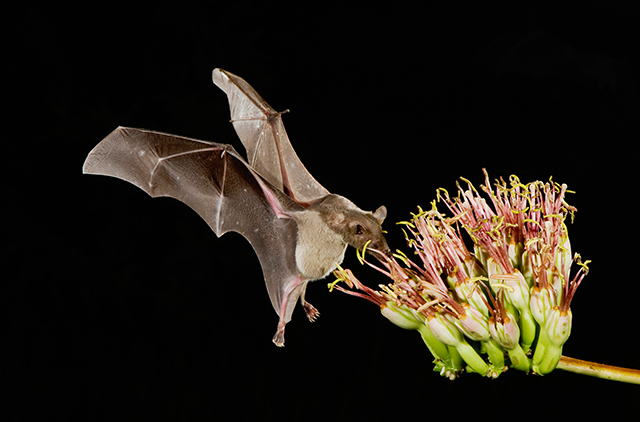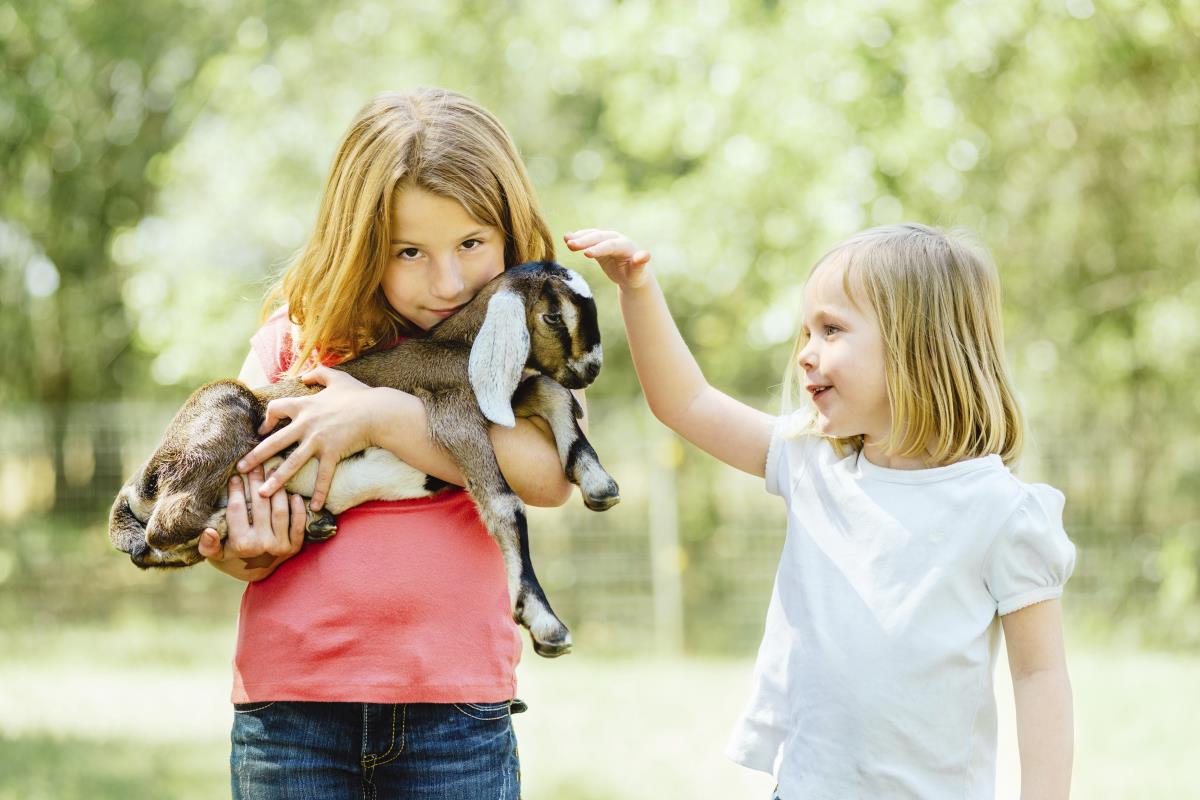Charity saves 50 dogs from meat farm in South Korea
04/01/2017 / By Isabelle Z.

We’ve all heard jokes about eating dog meat at Chinese and Korean restaurants, but most people who laugh at these comments don’t realize that there is a disturbing truth behind them. It’s certainly no laughing matter in South Korea, where more than 50 dogs were recently rescued in the country after being found in deplorable conditions on a dog meat farm there.
According to Humane Society International, the dogs were kept in almost total darkness on a farm outside Seoul in the town of Goyang. Ventilation was almost nonexistent in their dungeon-like quarters, with the smell of ammonia being strong enough to make your eyes water as you enter. They were nearly starving to death and were very scared of their rescuers.
Even seasoned veterans of the charity were shocked by the conditions the canines were forced to endure. The animals were flown to the emergency shelters in the U.S., with the bulk of them sent to Pennsylvania, New York, and Maryland. Their behavior is being assessed and they are getting medical attention as they undergo evaluations for adoption.
Dog meat industry booming in South Korea
Dog meat farms are big business in South Korea, where around 17,000 farms are believed to be in operation. In total, more than 2.5 million dogs are reared there for human consumption, and more than 30 million dogs are killed annually throughout Asia. All breeds of dog are affected, with a mixed breed known the Korean Jindo being the most popular, but labradors, beagles, and even chihuahuas are all considered fair game. Many of these animals are stolen from families or grabbed when found wandering the streets.
In just the past two years, the charity has helped close seven such farms and has rescued more than 800 dogs. As part of their work, they help the owners of these dog farms transition into different types of work, such as chili or blueberry farms.
Baltimore NBC affiliate WPAL-TV 11 reports that 11 of the rescued pups have now made their way to Queenstown’s Animal Welfare League. Shelter Manager Kirstyn Northrop-Cobb says that some of the dogs are just experiencing walking on grass for the first time in their lives. She reports that the dogs are understandably timid but are starting to come out their shells a bit. Some even appear socialized, which could indicate they were family pets before ending up at the meat farm, while others appear to have been bred on the farm.
If you find the idea of these lovable animals being killed, cooked and eaten to be revolting, consider this: many of the animals that are killed for human consumption in our own country also live in horrific conditions before being slaughtered. For example, many people rightfully express outrage over the ten-day Yulin Dog Meat Festival in China, where as many as 15,000 dogs are bludgeoned and then gutted, yet during the same span of time, almost 29 million animals meet a similar fate to feed Brits.
Not only is this practice bad for the poor animals – to say the least – it’s not particularly good for the humans eating them, either. A U.S. National Cancer Institute study of more than half a million people that spanned a decade, found that those who had the highest intakes of red or processed meat had a much higher risk of dying from all causes than those who ate the least amount of such meats.
South Korea is currently the only country that routinely farms dogs for human consumption, and some people are calling for a boycott of the Winter Olympic Games that will be hosted there in 2018 in protest of this barbaric practice.
Sources include:
Tagged Under: dog farms, dog meat, South Korea



















